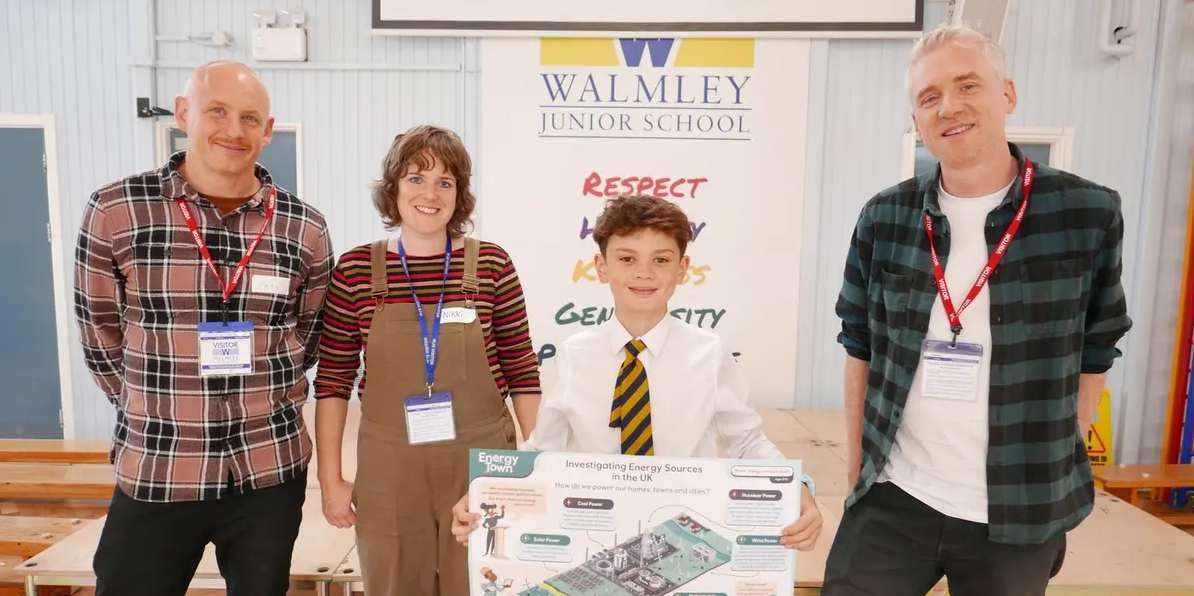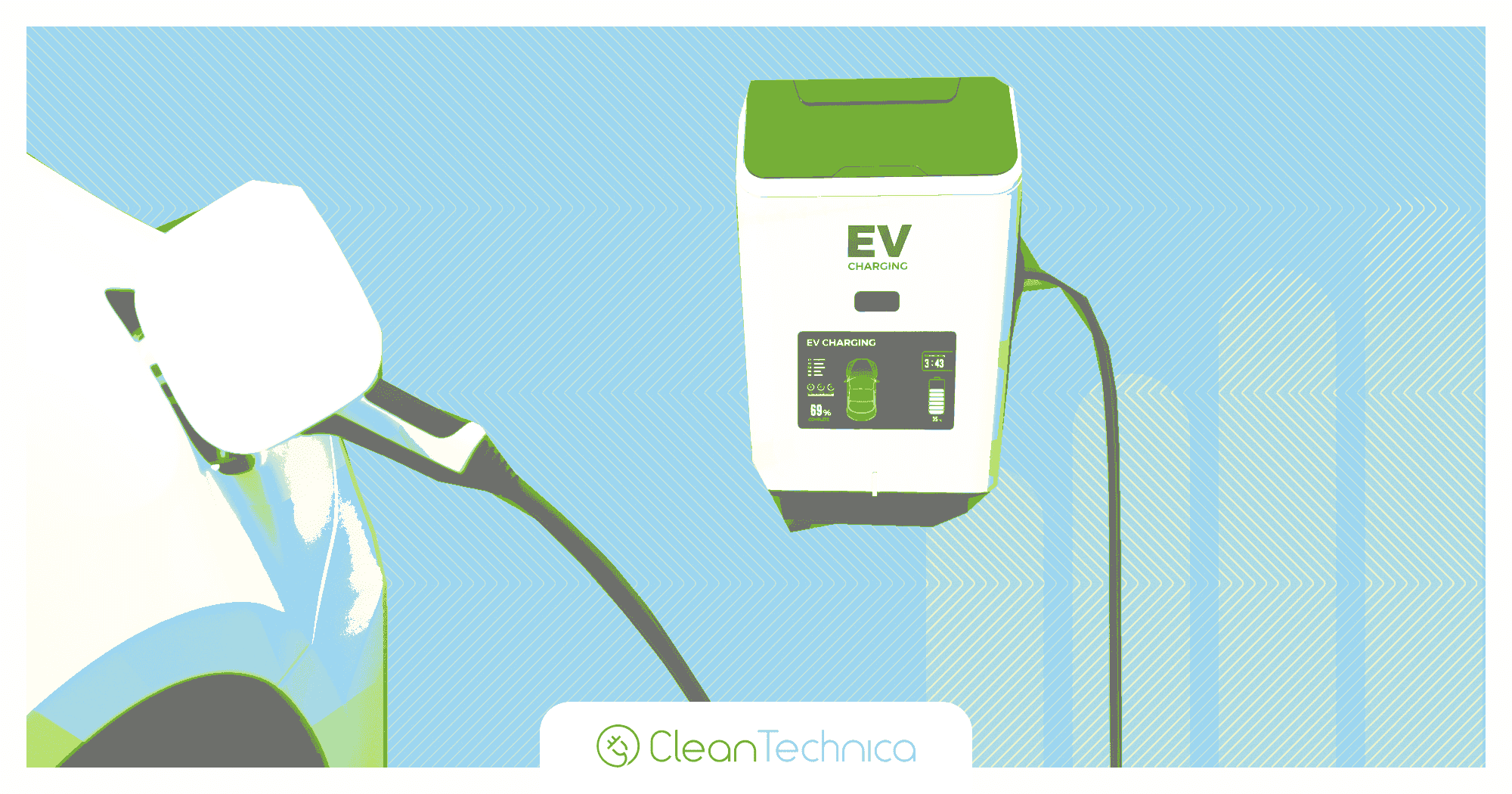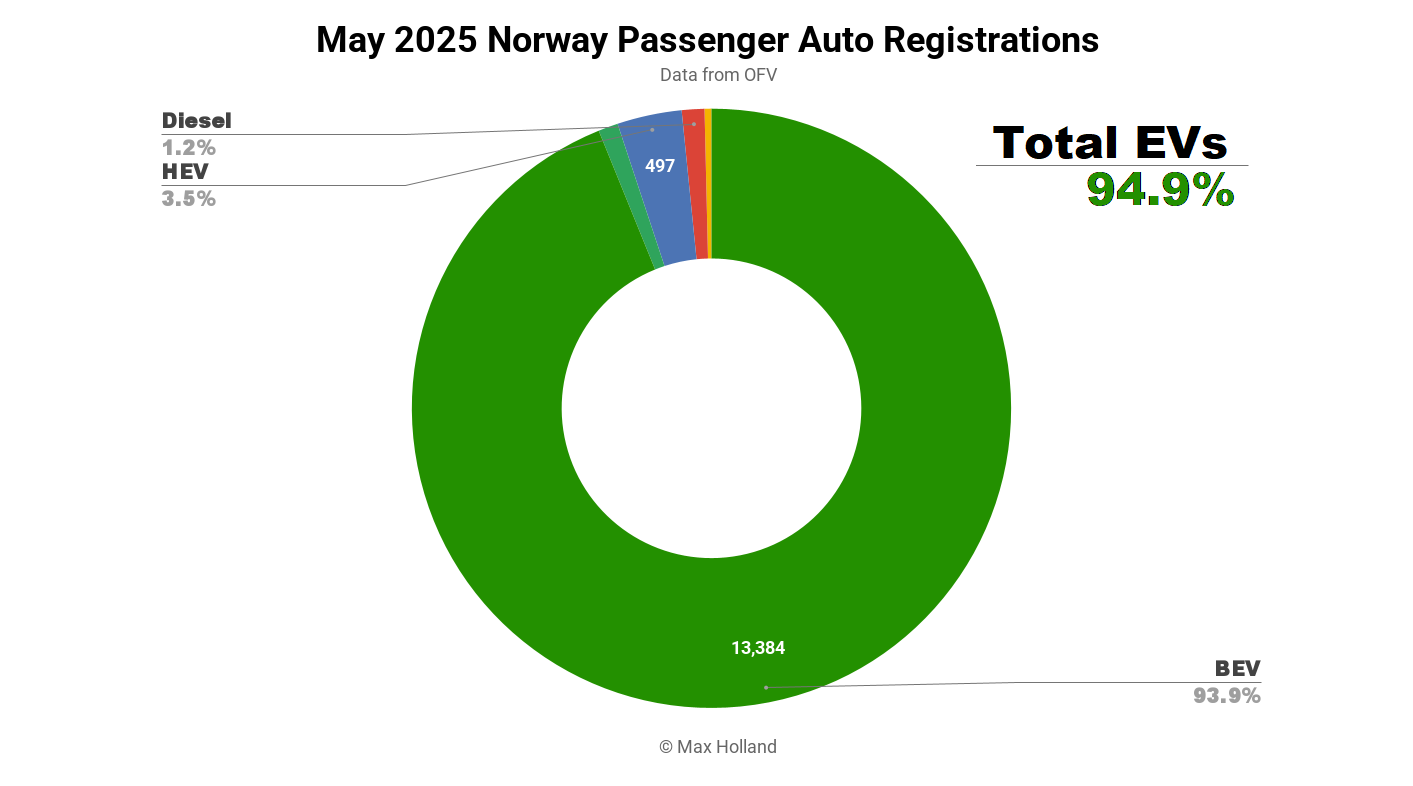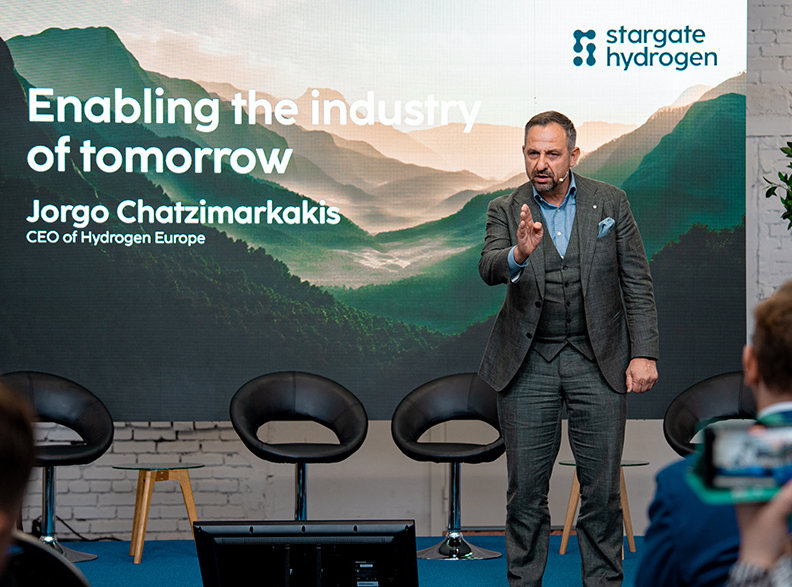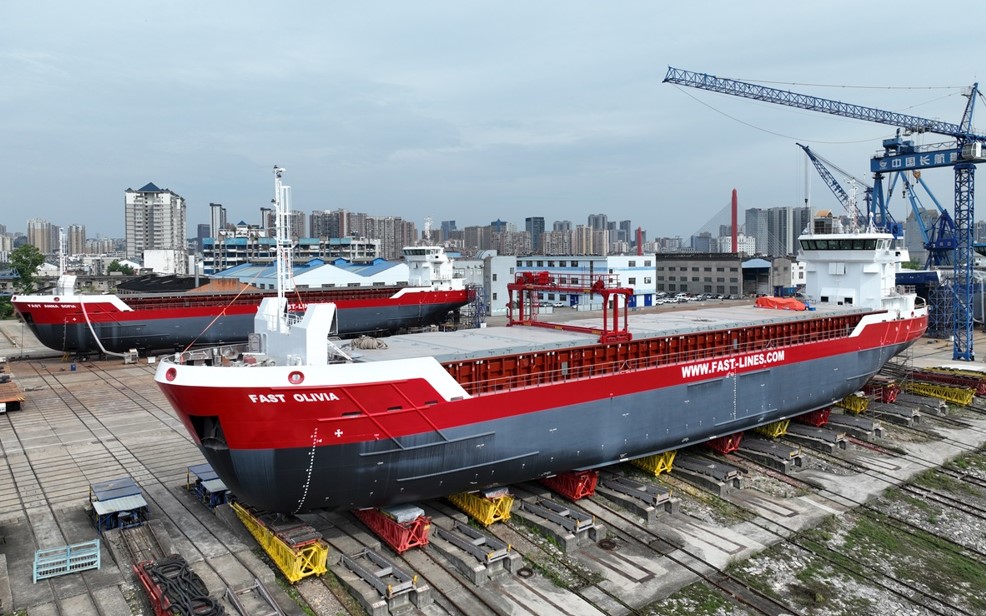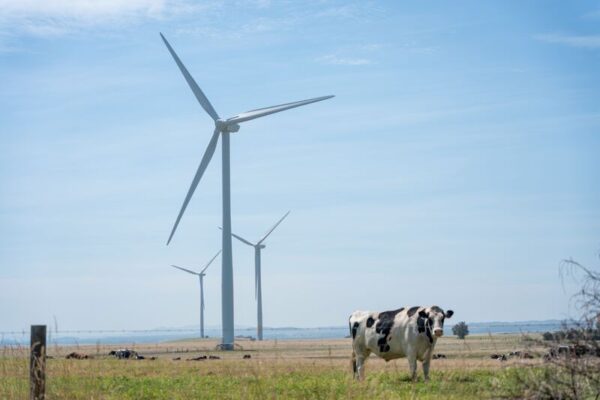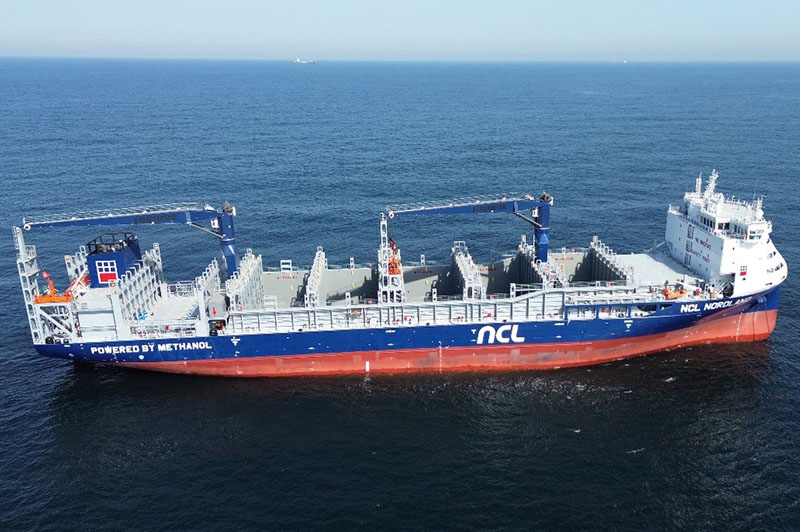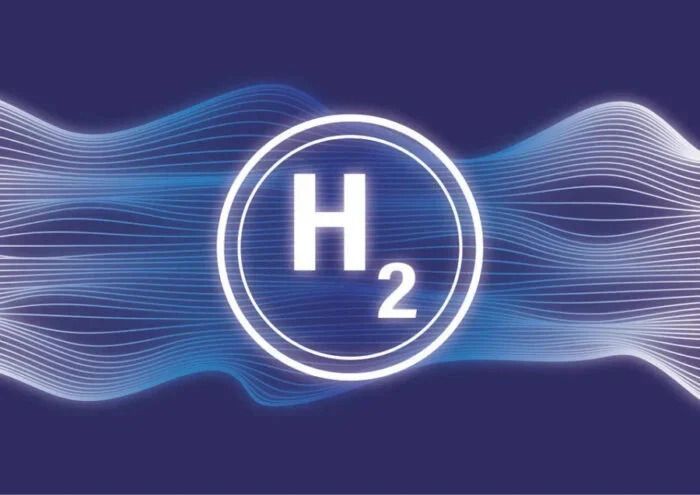European initiative launches digital product passport prototype for PV
A digital product passport could support circular practices in the European PV industry by better tracking material composition, recyclability, and supplier information, crucial for material recovery.

A digital product passport could support circular practices in the European PV industry by better tracking material composition, recyclability, and supplier information, crucial for material recovery.
Researchers at the Bern University of Applied Sciences (BUAS), working in the EU-funded project “Retrieve project,” have developed a prototype of a digital product passport (DPP) to support circular practices in the European PV industry.
The DPP-based platform aims to improve data management and traceability throughout the PV value chain, facilitating more effective end-of-life (EoL) management and circular economy practices.
Built in collaboration with nearly 70 industry experts, the DPP prototype is a response to two critical challenges facing the European PV industry: overreliance on non-European manufacturing and the mounting wave of PV waste expected to exceed 80 million tons globally by 2050.
The Horizon 2020 project Retrieve is a European initiative involving 16 partners from 10 countries that focuses on promoting the high-quality recycling of materials from EoL PV modules. While the project primarily focuses on advancing PV recycling technologies, two tasks are dedicated to exploring the potential of digital technologies for optimizing circular practices. However, the development of a PV DPP began almost four years ago as part of the Circusol project, in which an initial prototype was created.
Since then, the European PV sector has experienced dynamic development driven by shifting geopolitical and market conditions. These dynamics have exposed key challenges for industry players while also highlighting the requirements and incentives for adopting the DPP to enhance circular value creation.
Gathering data
To identify the key requirements for the DPP, the research team from BUAS first conducted a survey of 70 solar industry experts. Based on the Product Circularity Datasheet (PCDS) standard (ISO 59040), the survey aimed to determine the most relevant data categories of the DPP for realizing circular practices.
Respondents emphasized the importance of the products’ material composition, recyclability, and supplier information, as these data are critical for improving transparency, ensuring regulatory compliance, and enabling high-quality, cost-effective material recovery.
The survey was complemented by 15 in-depth interviews with stakeholders from across the up- (manufacturers), mid- (installers and service providers), and downstream PV value chain (EPR schemes and recyclers), as well as policy experts, conducted not only to inform the platform’s technical development but also to support the design of a viable business model concept.
Insights from both the survey and interviews directly informed the DPP design, which translates identified data and service needs into a modular system architecture. This structure enables PV actors to access critical information on products and installations, thereby laying the foundation for circular value creation and service innovation across the value chain.
For manufacturers, the DPP supports product traceability, streamlines regulatory compliance, and facilitates sustainability assessment. Installers benefit from access to historical and technical system data, which enables performance monitoring, predictive maintenance, and more efficient end-of-life management. Recyclers gain early and detailed insights into material composition, helping to scale up the recycling processes more effectively. Regulators can use the platform to track compliance and integrate industry insights into the development and revision of circular policies.
DPP implementation
The next phase of DPP implementation focuses on integrating datasets from project partners to test and refine the platform’s functionality. Simultaneously, the project team from BUAS actively invites additional stakeholders from across the European PV value chain to contribute data, use cases, and feedback to ensure that the DPP platform meets diverse operational demands. Pilot testing in real-world scenarios is planned to validate performance and demonstrate value across different user groups and geographic regions, with particular attention paid to ensuring interoperability with existing digital systems.
Data security and trust are also key priorities with measures in place to address data ownership, confidentiality, and access control. In parallel, efforts are underway to develop a viable business plan and explore long-term pathways for value creation, stakeholder engagement, and platform governance beyond the pilot phase.
Finally, at the policy level, the project is engaging with regulators to align the platform with existing EU frameworks and advocate for supportive updates that can accelerate circular business models across the industry.
Ässia Boukhatmi is a doctoral researcher at the Bern University of Applied Sciences and the Technical University of Berlin. She holds a master’s degree in industrial engineering with focus on renewable energies at the Technical University of Applied Sciences and the School of Economics and Law in Berlin, Germany. Her research is focused on investigating the potential of digital technologies to advance the circular economy transition in the European solar industry.
Stefan Grösser works at the Bern University of Applied Sciences since 2011 and at the Department of Engineering and Computer Science since 2016. He is the Dean of the Division on Industrial Engineering and Management Science and heads the research group “Strategy, Technology and Innovation Management”. He holds a PhD in Management from the University of St. Gallen, Switzerland. He is involved in European and national research projects to address socio-technical challenges in the energy industry as well as health care.
What's Your Reaction?







